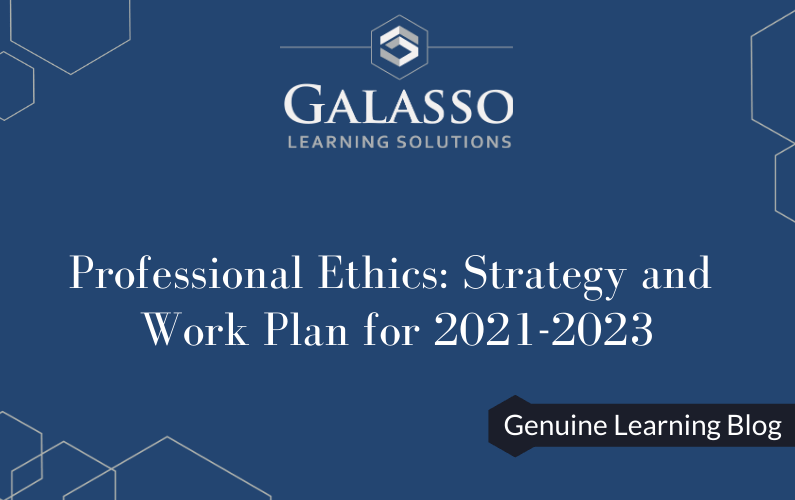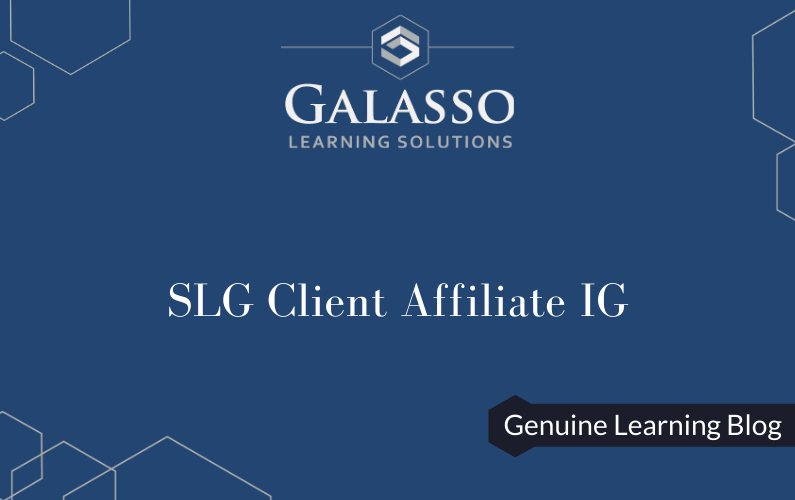
Feb 4, 2021 | Ethics, Genuine Learning
The AICPA’s Professional Ethics Executive Committee (PEEC) has issued a Temporary Policy Statement regarding the recent changes by the SEC to their independence rules. Because the rules do not align with the AICPA Code, while PEEC evaluates whether any changes are needed, PEEC has provided a temporary enforcement permitting auditors who follow both to be compliant if they adopt the new SEC rules. The policy is effective until rescinded.

Jan 21, 2021 | Ethics, Genuine Learning
In 2019, the AICPA issued a consultation paper for feedback on the projects PEEC should address. After evaluating feedback, PEEC has issued their Strategy and Work Plan for 2021-2023 which includes standard setting and member enrichment projects. This week’s blog addresses what projects made the cut and when the projects will be kicking off.

Nov 19, 2020 | Ethics, Genuine Learning, Government
The AICPA has rolled out a Toolkit to Assist Firms in identifying affiliates under the new ET Section 1.224.020. In June 2019, the PEEC rolled out a new definition of affiliate for State and Local Governments. However, the new rules were complex so the AICPA has released a decision tree for identifying affiliates as well as a variety of tools that firms can use to determine their compliance with the independence standards.

Oct 8, 2020 | Ethics, Genuine Learning
The AICPA’s Professional Ethics Executive Committee (PEEC) is re-proposing an interpretation for staff augmentation. This proposal would further limit the ability of firms to offer staff augmentation services. The proposal also offers two areas currently not addressed in the proposal as potential changes where PEEC is looking for additional feedback. Comments are due December 8, 2020.

May 14, 2020 | Ethics, Genuine Learning
The AICPA’s Professional Ethics Executive Committee (PEEC) delayed 3 interpretations at its May meeting. In addition, it has issued an exposure draft addressing record requests and updates the interpretation regarding acts discreditable. Comments are due September 30th.






